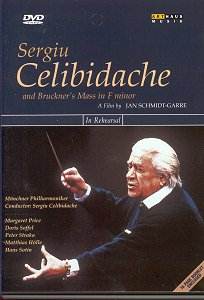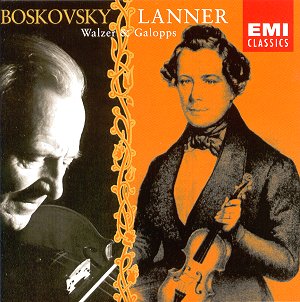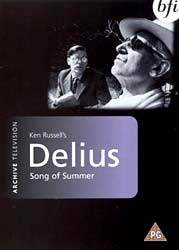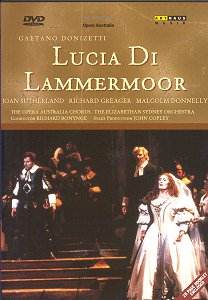 Composer: Anton Bruckner
Composer: Anton Bruckner
Works: Mass in F Minor
Performers: Margaret Price (soprano), Doris Soffel (alto), Peter Straka (tenor), Matthias Holle (bass), Hans Sotin (bass), Münchner Philharmoniker, conductor Sergiu Celibidache
Recording: Recorded in 1993 in Munich and St Florian
Label: Arthaus DVD 100250
Bruckner’s Mass in F Minor, composed in 1866, stands as a testament to the composer’s deep religious conviction and his innovative melding of liturgical tradition with symphonic grandeur. This work, often overshadowed by his monumental symphonies, showcases Bruckner’s ability to create vast, emotive landscapes within the confines of the choral mass form. The present documentary, directed by Jan Schmidt-Garre, captures conductor Sergiu Celibidache’s singular interpretative approach during a series of rehearsals and partial performances, making it a noteworthy addition to the visual documentation of Bruckner’s choral oeuvre.
Celibidache’s affinity for Bruckner is evident not only in his meticulous attention to orchestral detail but also in the way he elicits profound expressiveness from his singers and instrumentalists. The extended rehearsal period, lasting fourteen days, bears fruit in the nuanced dynamics and subtle phrasing that characterize this performance. For instance, the opening of the Gloria, with its expansive lines and climactic build, is rendered with a delicate balance that reveals both the strength and the fragility inherent in Bruckner’s writing. Celibidache’s choice to rehearse without a score allows him to engage with the musicians on a more intuitive level, emphasizing the organic nature of the music-making process. This technique is particularly effective in the “Benedictus,” where the interplay between the choir and the orchestra achieves a transcendent quality that is both serene and uplifting.
The documentary also sheds light on Celibidache’s idiosyncratic conducting style, rich with philosophical musings and peppered with humor, which contrasts sharply with the more austere approaches of his contemporaries. His linguistic dexterity, shifting effortlessly between German and English, enhances communication with the ensemble, fostering an environment that encourages exploration and spontaneity. Notably, the soloists—especially Margaret Price—exemplify the challenges and rewards of such intensive preparation. Price’s luminous tone and expressive phrasing in the “Agnus Dei” are particularly arresting, even as her visible exhaustion underscores the demands placed upon the performers.
While the technical quality of the recording is commendable, capturing the warmth of the ensemble and the richness of the orchestral sound, it nonetheless leaves one craving the full performance of the Mass. At just sixty minutes, the documentary feels somewhat incomplete, offering tantalizing glimpses of a more profound musical experience that remains just beyond reach. The absence of a complete performance, particularly given Celibidache’s profound interpretative insights, is a notable drawback, as it limits the viewer’s ability to fully appreciate the work’s structural and harmonic complexities.
Celibidache’s interpretations of Bruckner are often compared to those of other eminent conductors, such as Herbert von Karajan, whose performances tend to emphasize a more polished, yet less spontaneous, execution. The contrast lies in Celibidache’s insistence on the process of music-making as an art in itself, rather than merely a product to be consumed. This documentary serves not only as a portrait of a conductor at work but also as a reminder of the intricate, often arduous journey that underpins great performances.
The Mass in F Minor, as illuminated through this film, provides a fascinating insight into Bruckner’s choral style, while simultaneously showcasing Celibidache’s unique interpretative vision. This release, though brief, is invaluable for those who wish to understand the depths of Bruckner’s music as well as the artistry of one of the 20th century’s most enigmatic conductors. The documentary stands as a compelling invitation to engage with Bruckner’s liturgical world and the transformative power of live music-making, establishing Celibidache as a figure of considerable importance in the ongoing dialogue surrounding Bruckner’s legacy.



